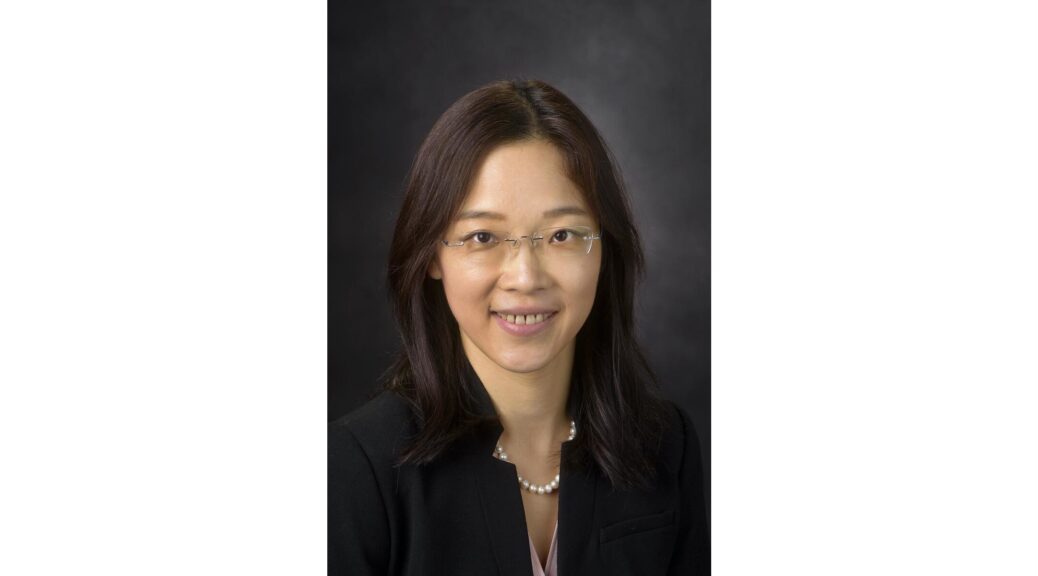Xiuning Le, M.D., Ph.D., The University of Texas MD Anderson Cancer Center, Houston, Texas presented updated results from the expansion cohort of the ongoing Phase I/II SOHO-01 study.
The SOHO-01 study is an ongoing, open-label, multicenter Phase I/II study. The expansion cohort specifically enrolled patients with advanced HER2-mutant NSCLC who had not received HER2-targeted therapy.
Patients with advanced NSCLC harboring a HER2-activating mutation who had experienced disease progression after at least one prior systemic therapy for advanced disease were administered oral BAY 2927088 at a dosage of 20 mg twice daily. The study’s objectives were to assess the safety and anti-tumor activity of BAY 2927088, with efficacy evaluated per RECIST v1.1 and safety assessed using MedDRA v27.0.
Dr. Le and her colleague enrolled a total of 44 patients, who had a median age of 62 years– 63.6% were female, 70.5% had never smoked, and 54.5% had received two or more lines of therapy. The researchers followed up on the patients for 10.9 months.
Of the 43 patients evaluable for efficacy, Dr. Le reported a confirmed objective response rate of 72.1% (n=31; 95% CI 56.3, 84.7), including one complete response (2.3%). The median duration of response and progression-free survival were 8.7 months (95% CI 4.5, not estimable) and 7.5 months (95% CI 4.4, 12.2), respectively.
In a subgroup analysis, patients with tumors harboring HER2 Y772_A775dup (YVMA) exon 20 insertion mutations had an objective response rate of 90.0%. Among the eight patients with previously treated and asymptomatic brain metastases, the objective response rate was 62.5%.
Dr. Le reported that the safety profile of BAY 2927088 was manageable and consistent with previous reports, reinforcing its potential as a promising therapy for patients with advanced NSCLC harboring HER2 mutations.
“These data from the SOHO-01 study underscore the potential of BAY 2927088 as a treatment for patients with advanced NSCLC harboring HER2 mutations,” said Dr. Le. “The drug demonstrated substantial and durable responses in a heavily pretreated patient population, with a manageable safety profile. These findings support the continued investigation of BAY 2927088 in this patient group, especially in light of its recent Breakthrough Therapy designation by the FDA.”
About the IASLC:
The International Association for the Study of Lung Cancer (IASLC) is the only global organization dedicated solely to the study of lung cancer and other thoracic malignancies. Founded in 1974, the association’s membership includes more than 10,000 lung cancer specialists across all disciplines in over 100 countries, forming a global network working together to conquer lung and thoracic cancers worldwide. The association also publishes the Journal of Thoracic Oncology, the primary educational and informational publication for topics relevant to the prevention, detection, diagnosis, and treatment of all thoracic malignancies. Visit http://www.iaslc.org for more information.
About the WCLC:
The World Conference on Lung Cancer (WCLC) is the world’s largest meeting dedicated to lung cancer and other thoracic malignancies, attracting nearly 7,000 researchers, physicians and specialists from more than 100 countries. The goal is to increase awareness, collaboration and understanding of lung cancer, and to help participants implement the latest developments across the globe. The conference will cover a wide range of disciplines and unveil several research studies and clinical trial results. For more information, visit https://wclc2024.iaslc.org.
Media Contact
Chris Martin, IASLC, 6306702745, [email protected], www.iaslc.org
SOURCE IASLC


